|
We in the U.S. are still living through the drama of the 2020 presidential election. Just like in the 2016 election, many voters found themselves voting against one candidate rather than for a preferred candidate. John Adams worried that “a division of the republic into two great parties…is to be dreaded as the great political evil.” It appears that Adams’ worries have come to pass. But we have not gotten here overnight, and there is plenty of blame on all sides of the political spectrum. More importantly, is there anything that individual voters can do, or do we just have to accept the status quo? There are many organizations and grass roots movements working to patch the holes in the political system, and to strengthen the democratic process in our country. I have already written about some of them. I dedicated a blog post to the Electoral College (the-electoral-college-love-it-or-leave-it.html). The “National Popular Vote” is an organization attempting to neutralize the Electoral College (https: w.nationalpopularvote.com/). Here are a few other organizations, of varying political views, that are attempting to make a difference: The Lincoln Project: (https://lincolnproject.us/). This organization was established by a group of conservative republicans to defeat Donald Trump and Trumpism, even if it meant helping Democrats get elected to office. In their view the political party is less important than restoring leadership and governance that respects the rule of law, recognizes the dignity of all people, and defends the Constitution and American values at home and abroad. With Donald Trump setting himself up as a presidential candidate in 2024, or simply as a Republican power broker, the Lincoln Project will not soon go away. Run for Something: (https://runforsomething.net/). This organization helps to support young diverse progressives running for office. Their goal is to build a strong Democrat bench for elected and leadership positions. Indivisible: (https://indivisible.org/). This is a national grassroots movement of millions of activists in every state, with partnerships between thousands of autonomous local Indivisible groups and a national staff. Their main goal is to defeat the right-wing takeover of American government and build an inclusive democracy. Sunrise Movement: (https://www.sunrisemovement.org/). This is a youth movement to stop climate change and create millions of good jobs in the process. The Sunrise Movement is attempting to make climate change an urgent priority across America, end the corrupting influence of fossil fuel executives on our politics, and elect leaders who stand up for the health and well-being of all people. Swing Left: (https://swingleft.org/). This organization helps individuals find the most impactful things that they can do to help Democrats win key elections. Americans for Prosperity: (https://americansforprosperity.org/). This is a right leaning group that engages in broad-based grassroots outreach to advocate for long-term solutions to the country’s biggest problems. They focus on issues that prevent people from reaching their full potential, such as immigration, tax reform, burdensome regulations, healthcare and criminal justice. Freedom Works: (https://www.freedomworks.org/). A right leaning organization established to build, educate, and mobilize the largest network of activists to advocate for the principles of smaller government, lower taxes, free markets, personal liberty and the rule of law. Unite America: (https://www.uniteamerica.org/). This grass roots organization is dedicated to putting country over party, which is what attracted me to it. It is a movement of Democrats, Republicans, and Independents working to put voters first by fostering a more representative and functional government. They do this by investing in nonpartisan electoral reform campaigns and work to elect centrist candidates. Two major issues that Unite America is working on are “open primaries” and “rank-choice voting”. If these two voting models were adopted nation-wide, it would go a long way towards loosening the stranglehold that the Republicans and Democrats have on our electoral system. Let’s look at these two policies more closely. Open Primaries: In eighteen states, independent voters are either prohibited from voting in party primary elections or face restrictions. This is because the primary system is closed to only those registered to one of the two major political parties. This seems undemocratic, and unfair due to the fact that all taxpayers pay to hold elections. Open primary systems allow independent voters to vote in either party’s primary. Independent voters, and voters not affiliated with a political party, are the fastest growing segment of the electorate. Open primaries give all constituents a voice in the election and it moderates the process by forcing politicians to appeal to independents as well as to their base. Closed primaries have the perverse effect of producing elected officials more accountable to their party than their constituents. Party primaries are a main reason why elected representatives refuse to work across the aisle. Working across the aisle is often viewed as being disloyal to the party and may result in getting beaten by a more ideological extreme candidate in the next election. “Open Primaries” (https://www.openprimaries.org/) is an organize advocating for open primaries. It was founded on the principle that no American should be required to join a political party to exercise their right to vote. Rank-Choice Voting (RCV): An election system in which a voter can rank candidates in order of preference. It is really quite simple. Here’s how it works:
Advantages of RCV over Traditional Voting:
Rank-Choice Voting is not just wishful thinking. Five states use RCV for overseas and military voters, and twenty municipalities use or have recently approved the use of RCV. In 2016 Maine passed a law that mandates that all state and federal primary elections, and federal general elections be conducted by RCV. In 2020 Maine became the first state in the U.S. to use rank-choice voting in a presidential election. Follow this link to learn to more on RCV in Maine: (https://www.newscentermaine.com/article/news/politics/elections/what-is-and-how-does-maine-ranked-choice-voting-work/97-e7964e06-a087-4b79-97cc-7f053c294248). Earlier this month voters in Alaska approved a ballot measure to mandate the use of rank-choice voting in general elections and the use of “top-four” nonpartisan primaries (https://www.adn.com/politics/2020/11/17/alaska-becomes-second-state-to-approve-ranked-choice-voting-as-ballot-measure-2-passes-by-1/). In Alaska’s new “Final Four Voting” system, all candidates, regardless of party affiliation, would run in a single primary open to all voters. The top four vote getters advance to the general election. In the general election, voters rank the four candidates in order of preference. This is certainly a threat to the status quo (Democrat and Republican parties), but it puts voters first by giving them more of a voice in their elections. Keep an eye on future elections in Maine and Alaska, this could (and in my opinion should) be our future all across America. The reason that these reforms have taken hold in Maine and Alaska, is that the voters in these states are very independent and don’t march in lock-step with the two major political parties. Our country is more politically polarized than ever, and this is not going to change any time soon if just two political parties are calling the shots. Let’s heed the warnings against hyper-partisanship that George Washington articulated in his farewell address, and the great political evil of a republic divided by two great parties that John Adams warned about. “Open primaries” and “rank-choice voting” are nonpartisan approaches that give voters more choice, promotes candidates with broader appeal, and encourages politicians to look beyond their party’s interests. We don’t have to accept politics as usual. If you enjoy reading this type of commentary please subscribe to my blog and tell a friend. You will receive an email notification when new blogs are posted. The email will come from the site’s email: [email protected].
Thanks, Armchair American
1 Comment
Joan
11/22/2020 04:23:11 pm
Excellent resources listed. I am sharing them with a friend of mine who is interested in helping in retirement. Thanks Armchair American!
Reply
Leave a Reply. |
AuthorThe Armchair American. Archives
November 2024
Categories
All
|
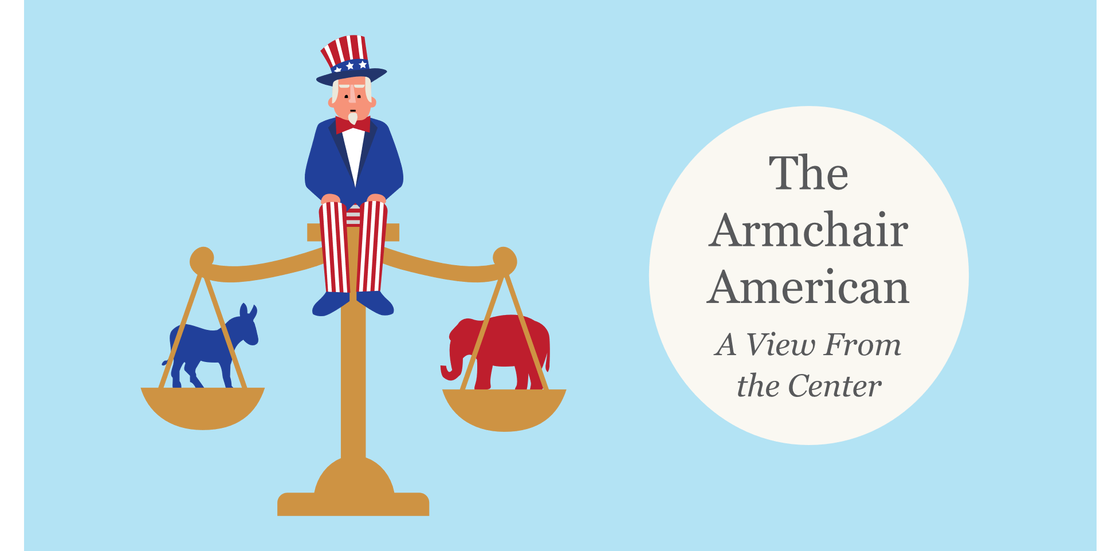


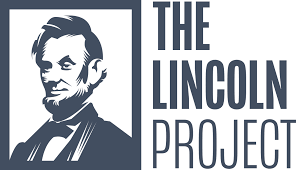
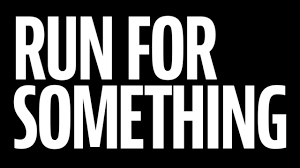


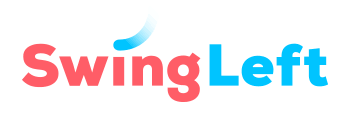
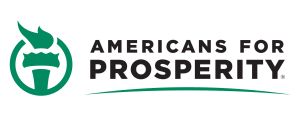

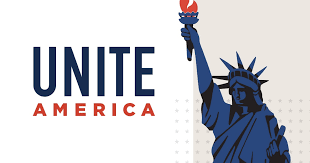
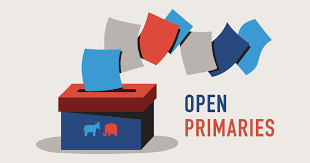
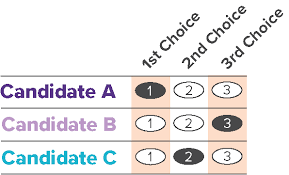


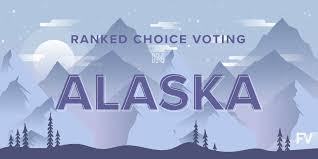

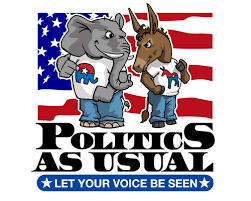

 RSS Feed
RSS Feed